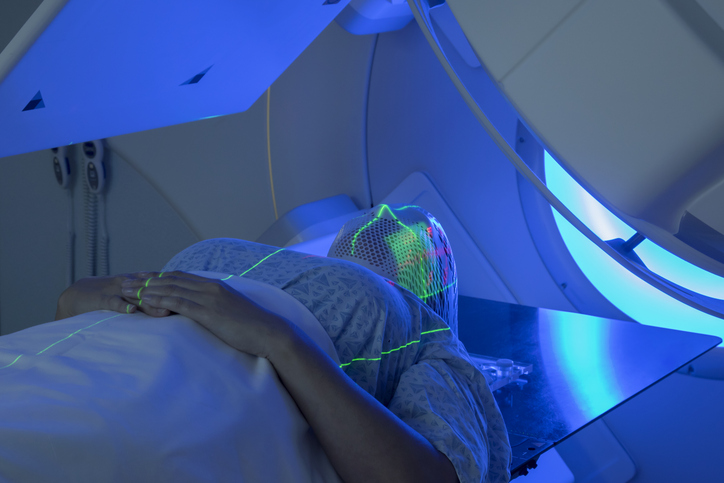
Sleep disturbance is a prevalent issue for patients with nasopharyngeal cancer (NPC) as well as their family caregivers (FCs) prior to the start of treatment, new study results show.
Researchers analyzed data on 101 nasopharyngeal cancer patients and their FCs. Patients were more likely than their FCs to be older (patients mean age, 42.6; FCs mean age, 39.0) and male (patients, 78.2%; FCs, 44.6%). Most of the FCs were the spouse (49.5%) or parent/child (32.6%) of the patient (brother/sister, 13.9%; other relatives, 4%).
Patients and FCs completed the Pittsburgh Sleep Quality Index (PSQI) prior to starting treatment. Mean PSQI scores were 7.2 for patients and 6.5 for FCs, both of which exceed that of the general population. Researchers observed no differences in sleep patterns between patients (38.6%) and FCs (31.7%); however, patients were more likely to report short sleep duration than their FCs: before treatment, 58.5% of patients and 36.6% of FCs slept less than seven hours (P = 0.011). In logistic regression analyses, older patients displayed poorer sleep quality prior to treatment (odds ratio [OR] = 1.06, 95% CI = 1.01–1.10, P = 0.008), and patients with a greater body mass index (BMI) were at a decreased risk of disturbed sleep (OR = 0.83, 95% CI = 0.71–0.96, P = 0.012). Members of both cohorts reported low use of sleep medications (patients, 6%; FCs, 4%).
The researchers state that additional research must be conducted.
“Longitudinal studies are warranted to determine the cause-and-effect relationships between sleep disturbance before treatment and demographics, personal characteristics, and cancer-specific variables and among symptoms of pain, depression, anxiety, fatigue, cognitive function and sleep disturbance,” they concluded. “In addition, patterns of change in sleep disturbance in patients with NPC during and after treatment should be investigated. These types of studies can provide information to design and test targeted interventions for patients with NPC who experience sleep disturbance.”
Why the brain system needs sleep
GLOBOCAN 2018: Cancer Incidence Continues to Rise
Source: Scientific Reports







 © 2025 Mashup Media, LLC, a Formedics Property. All Rights Reserved.
© 2025 Mashup Media, LLC, a Formedics Property. All Rights Reserved.